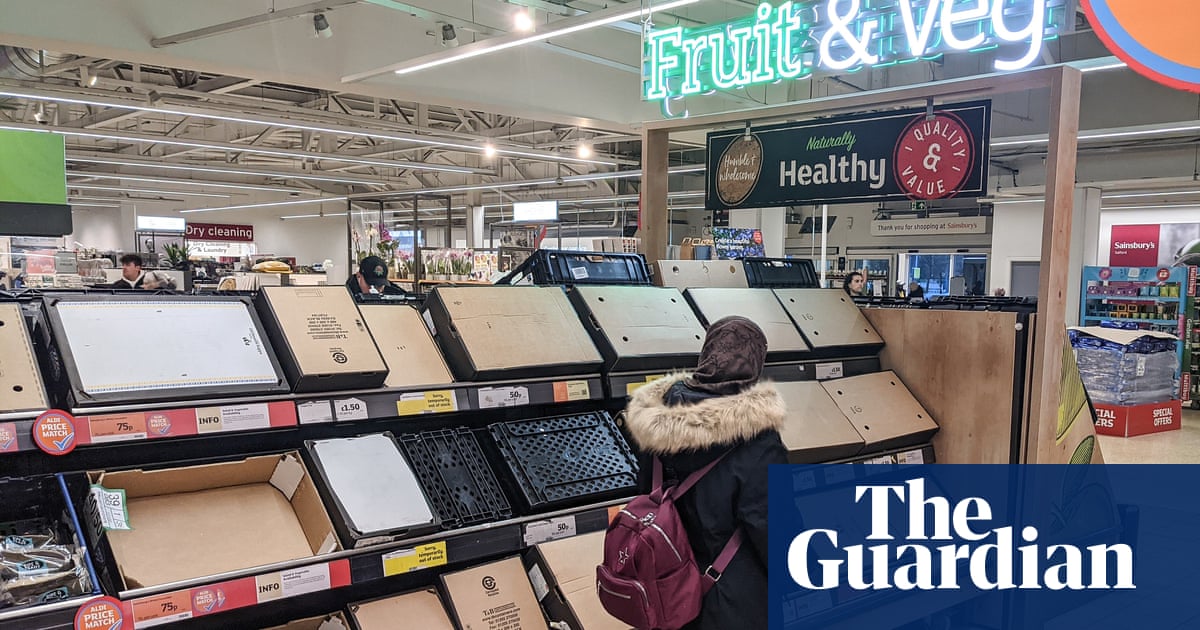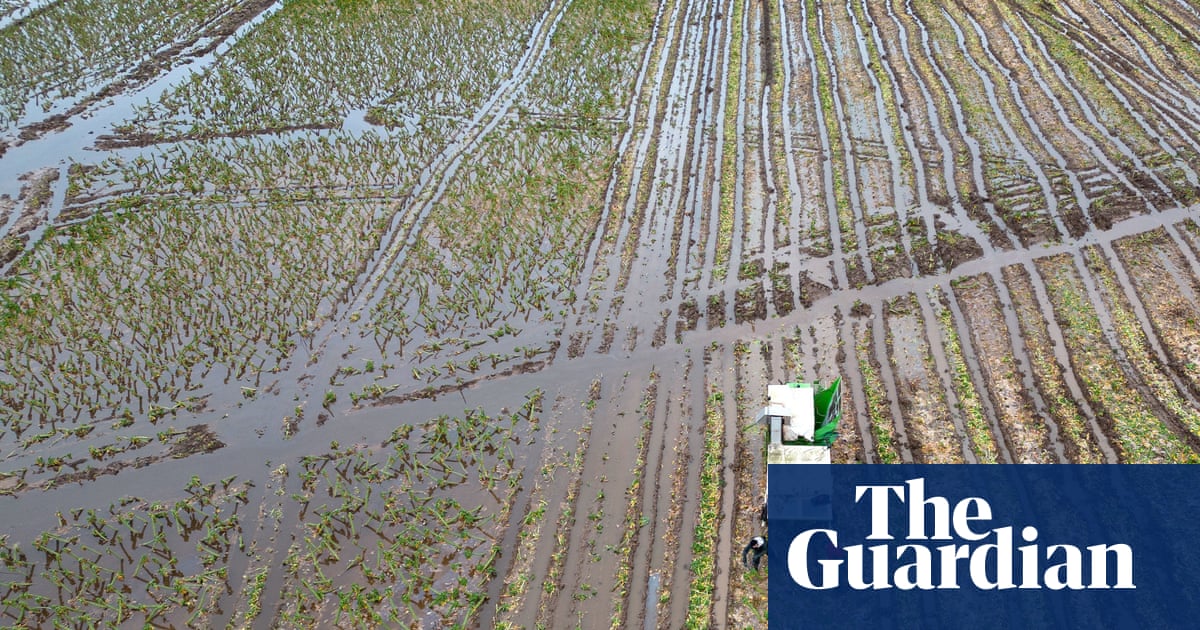
Farmers are facing an uncertain summer and autumn as industry representatives said they still needed to recruit – and retain – as many as 40,000 British residents to harvest fruit and vegetables.
With the peak picking season just a few weeks away, thousands of British workers are needed to replace the foreign workers who usually travel to the UK to pick crops. There are deep concerns that even if enough workers initially come forward, many will quit as the lockdown eases and they are able to return to their usual employment.
The centrepiece of the recruitment campaign is the government and industry portal Pick for Britain. The site crashed on Tuesday just as the government was urging people to join a “land army”. ITV and Waitrose announced a campaign to support the drive, which will include adverts and a film following new recruits.
Ali Capper, who runs an apple and hops farm in Worcestershire and chairs the British Apples and Pears trade body, said she did not like the land army image.
“I find the rhetoric of the land army unhelpful,” she said. “That’s looking back how things were through rose-tinted spectacles. Our businesses aren’t like that any more. The rhetoric may bring forward large numbers of people but some only want to do the odd day here and there or don’t want to do the hours that are required. That’s very difficult for business. What we want is people who will sign up and commit.”
About 70,000 workers are needed to bring in the British harvest over the spring, summer and autumn.
Tom Bradshaw, vice-president of the National Farmers’ Union, said the level of interest in Pick for Britain had been “overwhelming”. But he added: “The difficulty has been in turning that into pickers that stick – people that are going to turn up day in, day out.”
He said the Pick for Britain site had had well over 100,000 hits from unique users and the latest estimate from April was that 25% to 30% of pickers on farms were British. The figure is usually below 1%.
But Bradshaw added: “We have got 20,000 to 40,000 more workers to find and those are going to be difficult.” He said that farms were still expecting eastern European workers to come to the UK but quarantine rules were creating uncertainty. If the government’s plan to impose two weeks of isolation on new arrivals by air is applied to seasonal workers it could create a “huge shortage”.
Jack Ward, CEO of the British Growers Association, said: “We’re OK or OK-ish.” But added that farmers were worried not all workers who have said they will start in June will do so.
“And there’s a nervousness about the rest of the season,” he said. “As we progressively come out of lockdown, some people working on farms will return to their original roles. A lot of growers are sensing they are going to be continually topping up the workforce, recruiting and retraining as the season goes on.”
When the Growers Association carried out a survey of salad and brassica farmers, only about a third said they had all or almost all the workers they needed.
Sarah Boparan, operations director of Hops, one of the UK’s biggest agencies for hiring farm labour, said it had thousands of British applicants for jobs but only about 20% completed interviews. She said the agency and farms have had to change the way they work to be more flexible – offering two-week stints rather than the usual two to six month contracts – to suit British workers.
Doug Robertson, managing director at Florette UK, a leading salad brand, called for more guidance from the government. He said: “Currently we have planted up to the middle of June, with plants being raised which will take us to the end of August but there is huge uncertainty around how much we will actually need to harvest.”
Nick Marston, chairman of the industry body British Summer Fruits, said there were thousands of British people now working on farms. But he warned there could be problems later in the year if they returned to their old jobs.
The Department for Environment, Food and Rural Affairs said the majority of roles for the early part of the harvest season have been filled. A spokesperson said: “The demand for seasonal workers is expected to increase in the coming weeks and months. This is why we are working hard now to ensure our farmers and growers have the support they need ahead of this time.”












